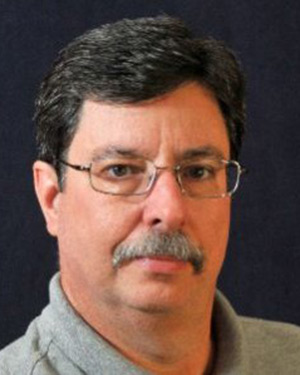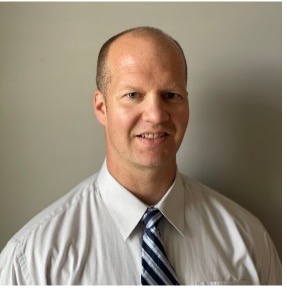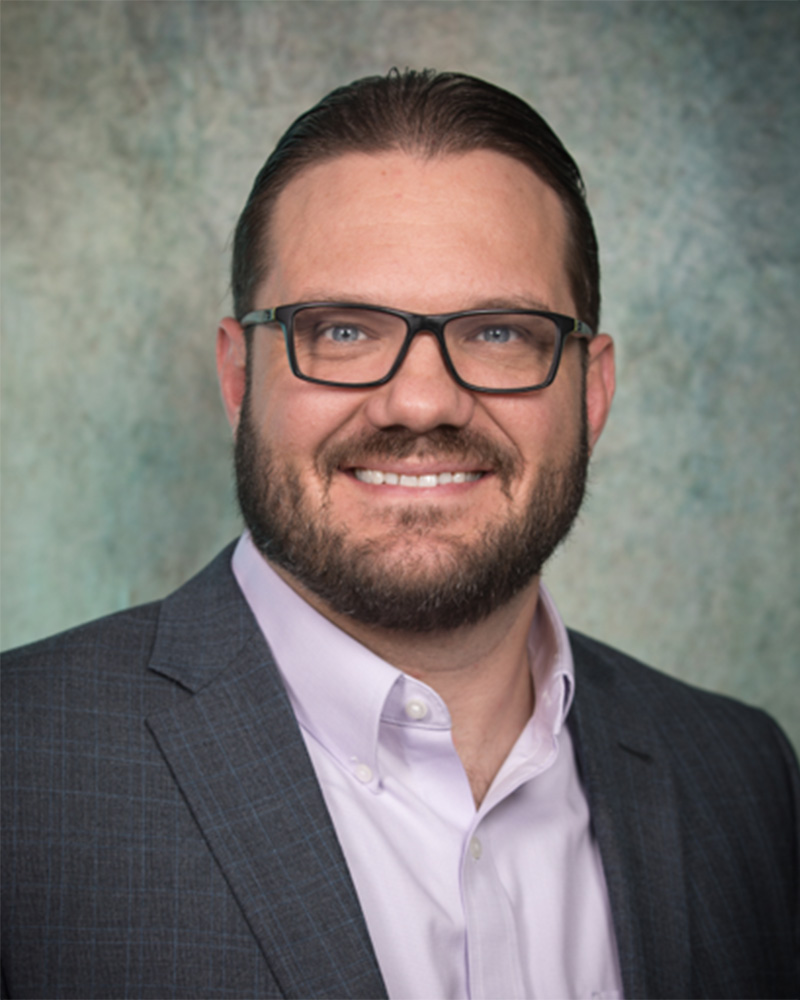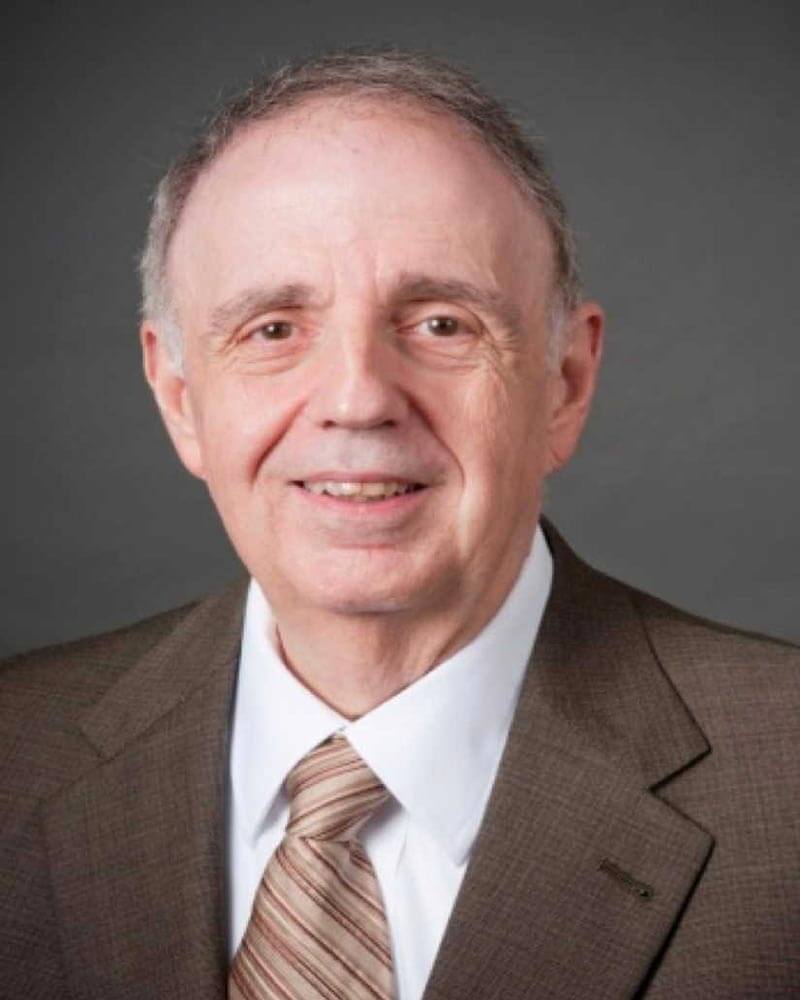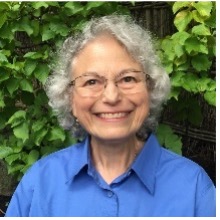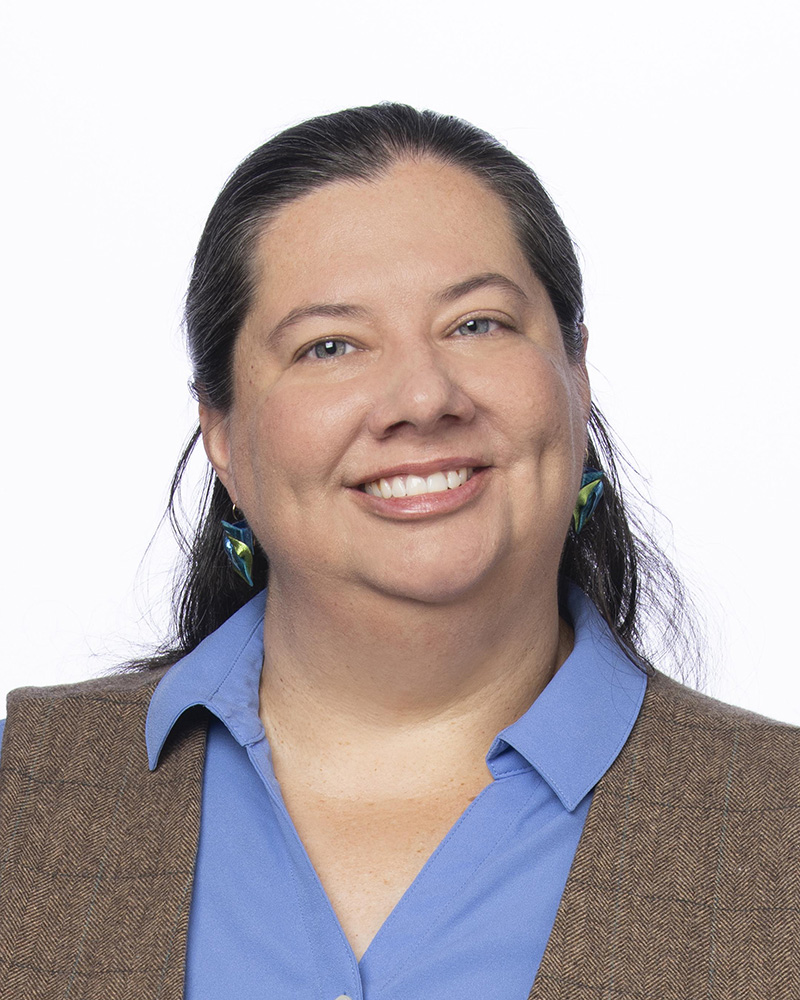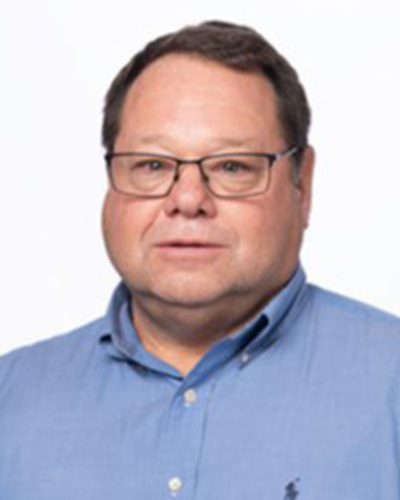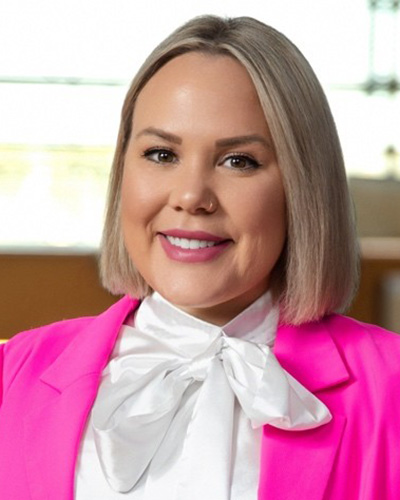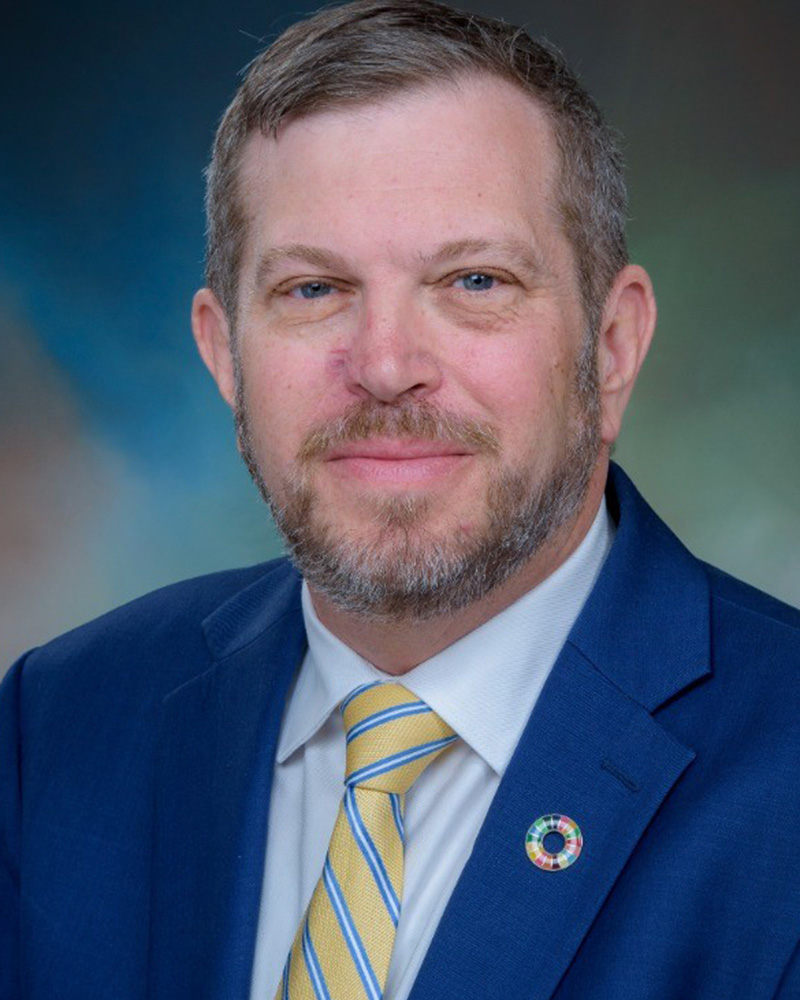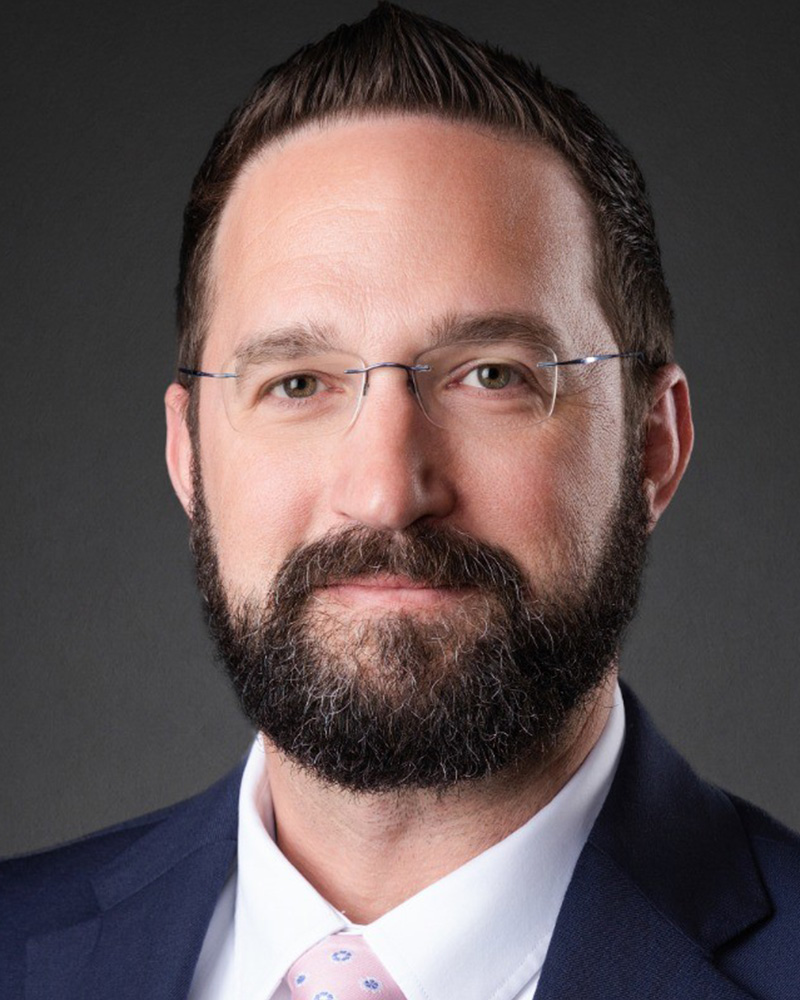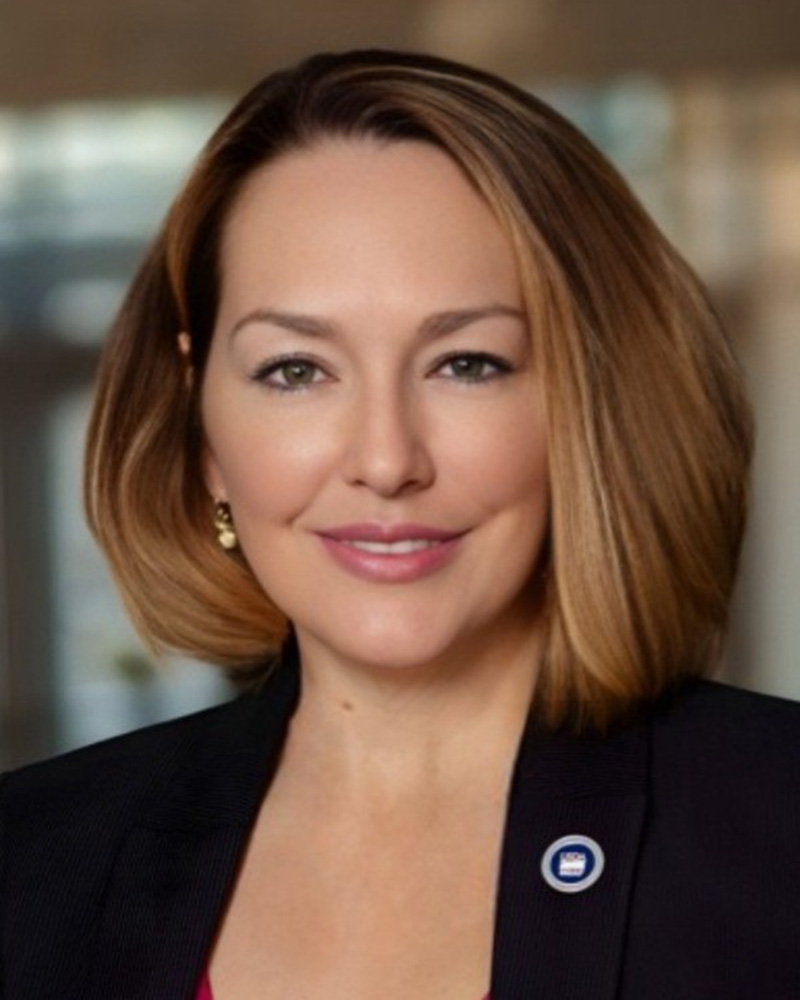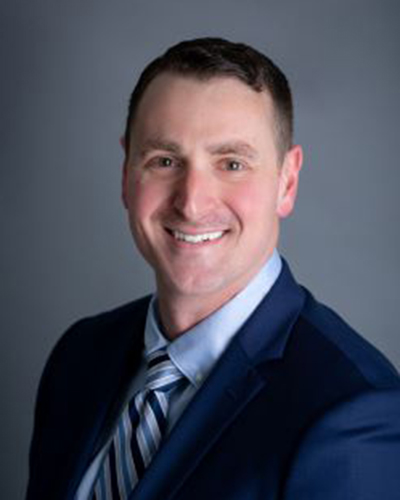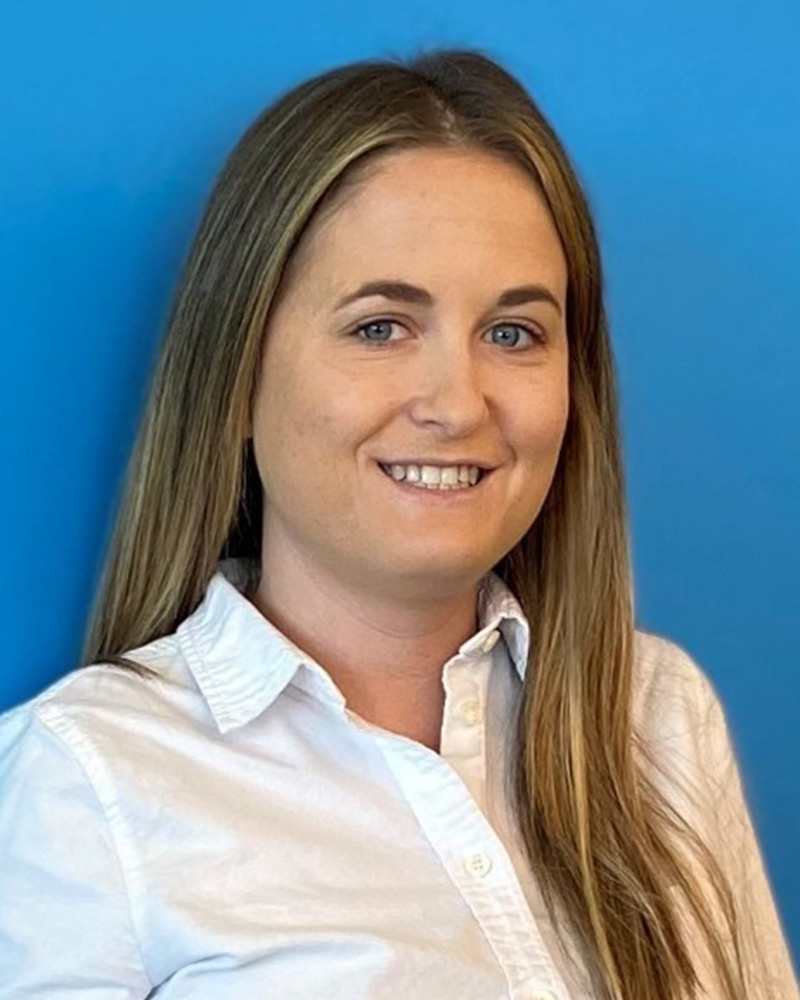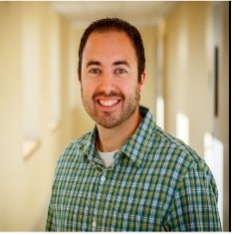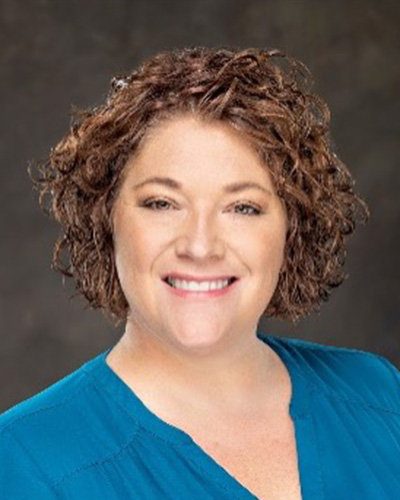Starts in:
In-person Professional Development Courses
All times listed are in MOUNTAIN STANDARD TIME
Sunday Courses
Sunday, November 3, 2024
JW Marriott Phoenix Desert Ridge
Sunday, October 26, 2025, 8:00 AM – 5:00 PM
14. Facility Commissioning and Recommissioning for the BSL-3 Laboratory
The biosafety professional can assist with the start-up or maintenance of laboratory operations in support of their biosafety programs by understanding the commissioning and recommissioning processes. Laboratory commissioning, identified in containment guidance documents, is a quality assurance process for the effective functioning of biocontainment laboratories. The biosafety officer and other decision makers benefit by having a basic understanding of the commissioning and recommissioning processes and resulting documentation. This course will review the phases of the new facility commissioning process and similar process for recommissioning. This knowledge base allows the biosafety professional to recognize how commissioning assists in providing and documenting a properly operating facility. A review of the secondary containment features of the BSL-3 laboratory will be disucssed and note specific issues typically observed. There will be a focus on two issues, the reversal of directional airflow and sealing of surfaces and penetrations. Attendees will consider methods to identify the issues and present some specific mitigations of these issues; can actively participate in the commissioning/recommissioning processes and understand the methodology, the tools, results, and their interpretation; will know their facility operates correctly, its limitations, and the risk when it does not. This knowledge allows the biosafety professional to check or back check the containment spaces’ performance and use this knowledge to perform daily inspections for maintenance or replacement and control risk to the lowest level. The biosafety professional can identify required features in a new laboratory or review an existing lab with a better understanding of typical issues to assure safe reliable operations.
Objectives:
- Develop an understanding of the overall commissioning and recommissioning processes for containment labs
- Articulate the engineering controls required and effectively participate in the processes
- Identify typical issues observed during commissioning/recommissioning of the laboratory secondary containment barriers and the options for practical solutions to those issues
- Demonstrate a knowledge base and provide documentation to better perform daily inspections to reduce risk for safe and reliable laboratory operations
Suggested Background: None
Target Audience: All Safety Professionals, Laboratory Workers, Operations and Maintenance Personnel
Audience Level: Intermediate
COURSE FACULTY
CONTACT HOURS
This course has been approved for 1.0 CM points toward RBP/CBSP recertification. ABSA International is approved as a provider of continuing education programs in the clinical laboratory sciences by the ASCLS P.A.C.E.® Program. This course is approved for 7.5 P.A.C.E.® contact hours.
Sunday, October 26, 2025, 8:00 AM – 5:00 PM
15. Advanced Risk Assessment
In this advanced and interactive course, attendees will evaluate a variety of challenging scenarios based on actual research protocol submissions and real-world events from multiple risk perspectives. Attendees will work in teams to conduct risk assessments on a diverse selection of scenarios that will include multiple systems used in research as a research project progresses from discovery to cell culture, to small animal models using recombinant materials, and human clinical trials. Risk assessments will focus on the likelihood of exposure and the severity of consequences from exposure to the multitude of hazards encountered in increasingly complex research as well as the surprises that may come across the biosafety officer’s desk. Attendees will be challenged to consider additional risks aside from infection and how best to mitigate them. Attendees should have a thorough understanding of pathogenic microorganisms, rDNA principles, other infectious substances and the link between biosafety, risk assessment, and risk mitigation for this advanced course. There is an emphasis on the interactive nature of the risk assessment process and differing views of risk tolerance will be considered; attendees should be prepared to participate in discussions and bring interesting or difficult examples of interest to them to discuss with the class.
Objectives:
- Prioritize risks based on the likelihood and consequences of an occurrence
- Identify risks requiring mitigation and mitigation strategies to minimize the unacceptable risks
- Identify institutional and external partners to help implement mitigation strategies
- Evaluate mitigation strategies for effectiveness, adjust strategies as warranted
Suggested Background: Fundamentals of Biosafety, Microbiology, and Molecular Biology, Basic Risk Assessment, Principles & Practices of Biosafety
Target Audience: Experienced Biosafety Professionals, Laboratory Workers
Audience Level: Advanced
COURSE FACULTY
CONTACT HOURS
This course has been approved for 1.0 CM points toward RBP/CBSP recertification. ABSA International is approved as a provider of continuing education programs in the clinical laboratory sciences by the ASCLS P.A.C.E.® Program. This course is approved for 7.5 P.A.C.E.® contact hours.
Sunday, October 26, 2025, 8:00 AM – 5:00 PM
16. ISO35001 Implementation Workshop
In 2019, ISO published a new biorisk management standard that many biomedical research laboratories all over the world are adopting. This workshop will provide presentations, facilitated discussions, and tools to introduce concepts related to biosecurity and biosafety (biorisk) management systems. Attendees will gain a deep understanding of biorisk management (BRM) systems and learn to apply the ISO 35001 framework as a strategic planning tool. The course guides participants in mapping their current systems to the ISO standard, identifying gaps, and prioritizing improvements to enhance biosafety and biosecurity practices. Using the ISO 35001 as a planning and mapping tool, will enable institutions to effectively identify, assess, control, and monitor the laboratory biosafety and biosecurity risks associated with hazardous biological materials using the concept of continual improvement through the PDCA (Plan-Do-Check-Act) principle.
Objectives:
- Identify the key elements of a BRM system based on the review sections of the ISO 35001 BRM system standard
- Map existing BRM systems to the ISO 35001 and identify both strengths and opportunities to improve existing system
- Prioritize elements or areas that need improvement
- Select an area for improvement and identify a simple, short term, project idea to help strengthen one element within the existing system
Suggested Background: None
Target Audience: Experienced Biosafety Professionals, All Safety Professionals
Audience Level: Advanced
COURSE FACULTY
CONTACT HOURS
This course has been approved for 1.0 CM points toward RBP/CBSP recertification. ABSA International is approved as a provider of continuing education programs in the clinical laboratory sciences by the ASCLS P.A.C.E.® Program. This course is approved for 7.5 P.A.C.E.® contact hours.
Sunday, October 26, 2025, 8:00 AM – 12:00 PM
17. Lessons Learned to Improve Biosafety
Preventing laboratory-acquired infections (LAIs) is a challenge for laboratory managers and biosafety professionals, especially when dealing with an emerging pathogen. It is extremely important to quickly determine if there has been an exposure, how many may have been exposed, what steps need to happen next, including any prophylaxis, root cause analysis, gaps in the biosafety plan, and additional mitigation measures that need to be implemented. This interactive course will examine published papers from the ABSA LAI Database on laboratory acquired infections and exposures to determine what we can learn to prevent future exposures. Attendees will thoroughly examine the literature on the history of lab-acquired infections, review specific published articles, utilize the Association of Public Health Laboratories (APHL) ‘Laboratory Exposure Assessment and Symptom Monitoring Guide’ (exposure assessment tool) to assess exposures, analyze data to identify root causes of exposures, discuss identified gaps, and establish additional steps required to mitigate risks. Attendees will be equipped with the skills to assess and mitigate exposure risks using the APHL Exposure Assessment Tool. Attendees will engage in scenario-based group exercises, applying a structured process to evaluate potential exposures, conduct root cause analyses, identify procedural gaps, and develop effective mitigation strategies. Through hands-on practice and guided instruction, attendees will also learn to incorporate published data on laboratory-acquired infections (LAIs) to enhance biosafety protocols. Special emphasis will be placed on applying these tools to safely manage risks associated with emerging pathogens.
Objectives:
- Describe how the ABSA LAI database can be used for biosafety training and determining how to safely work with emerging pathogens
- Utilize the APHL exposure assessment tool to assess real-life laboratory incidents for potential exposures and to help guide prophylaxis if indicated
- Analyze actual laboratory incidents to determine the root cause and what steps are necessary to mitigate future incidents
Suggested Background: Fundamentals of Biosafety, Risk Assessment
Target Audience: All Safety Professionals, Laboratory Workers
Audience Level: Intermediate
COURSE FACULTY
CONTACT HOURS
This course has been approved for 0.5 CM points toward RBP/CBSP recertification. ABSA International is approved as a provider of continuing education programs in the clinical laboratory sciences by the ASCLS P.A.C.E.® Program. This course is approved for 3.5 P.A.C.E.® contact hours.
Sunday, October 26, 2025, 8:00 AM – 12:00 PM
18. Flipping the Table: Effective Tabletop Exercise Design and Execution
Tabletop exercises (TTXs) are an essential part of a biosafety professional’s toolkit. It offers a safe, efficient way to “stress test” the resilience of an organization’s protocols in the face of hypothetical worse-case scenarios, making them particularly valuable for reinforcing staff training, enhancing coordination and communication between teams and team members, and identifying opportunities to improve plans and procedures. Additionally, TTXs can be used to help develop new processes and procedures in support of the stand up or expansion of activities, serving as a platform for identifying critical supporting processes and procedures that need to be in place for the activity to be completed effectively. The effectiveness of tabletop exercises (TTXs) in identifying areas for improvement can be undermined by poor planning, weak execution, and insufficient follow-up. In this course, attendees will develop an understanding of when and why they should consider conducting a TTX, participate in the development of a mock exercise, and propose appropriate follow-up actions to their exercise.
Objectives:
- Identify when, why, and what type of TTX would be useful to achieve a specific outcome
- Analyze the effort needed to design and conduct an effective TTX
- Describe appropriate follow-up actions to a TTX that ensure the continual improvement of the process or program test
Suggested Background: None
Target Audience: New Biosafety Professionals, All Safety Professionals
Audience Level: Basic
COURSE FACULTY
CONTACT HOURS
This course has been approved for 0.5 CM points toward RBP/CBSP recertification. ABSA International is approved as a provider of continuing education programs in the clinical laboratory sciences by the ASCLS P.A.C.E.® Program. This course is approved for 3.5 P.A.C.E.® contact hours.
Sunday, October 26, 2025, 1:00 PM – 5:00 PM
19. Boots on the Ground: Developing Field Laboratories in Resource-Limited Settings
This course provides attendees with the knowledge and practical skills needed to conduct research and clinical trials in international settings. It covers key aspects of fieldwork, including ethical considerations, cultural competency, regulatory requirements, data collection methods, and logistical challenges. Attendees will explore case studies and participate in hands-on training to develop strategies for navigating diverse healthcare environments, working with local stakeholders, and ensuring compliance with global research standards. Attendees will conclude the course equipped to design and implement field research projects in international contexts, addressing real-world health challenges while upholding scientific integrity and ethical responsibility.
Objectives:
- Design and Plan Fieldwork—Create a research or clinical trial protocol that includes logistics, site selection, stakeholder collaboration, and risk mitigation
- Manage Challenges in Global Research—Identify and develop solutions for common challenges such as regulatory approvals, weather emergencies, infrastructure limitations, and data security
- Implement Data Collection Methods—Utilize appropriate qualitative and quantitative data collection techniques suited for international and resource-limited settings
Suggested Background: None
Target Audience: Laboratory Workers, All Safety Professionals
Audience Level: Basic
COURSE FACULTY
CONTACT HOURS
This course has been approved for 0.5 CM points toward RBP/CBSP recertification. ABSA International is approved as a provider of continuing education programs in the clinical laboratory sciences by the ASCLS P.A.C.E.® Program. This course is approved for 3.5 P.A.C.E.® contact hours.
Sunday, October 26, 2025, 1:00 PM – 5:00 PM
20. No Resources? No Problem! A Dynamic Workshop for Improving Biosafety Program Visibility and Leadership Engagement
Building a holistic and comprehensive biorisk management program requires serious leadership commitment across your organization in order to drive successful mitigation strategies and compliance metrics. Biosafety Officers alone cannot develop, maintain, or continuously improve safety programs and require infrastructural support both within safety verticals as well as externally across divisions. It’s easy to lose sight of key objectives and results when faced with a mountain of operational issues, frustrated by a lack of resources, and feeling disconnected from leadership. Where do you begin when standing up a new biosafety program? What about implementing enterprise risk management solutions to mature an existing one? What are the pitfalls to avoid and how do you strategically engage leadership? This course will reinforce cornerstone pieces of biosafety program management with four highly interactive hands-on exercises to help drive solutions at your respective institutions. These exercises include leading indicator metrics, SOAR analysis, accountability and responsibility, and how to use appreciative inquiry as a tool for continuous improvement.
Objectives:
- Critique your respective biosafety program’s strengths and opportunities for improvement, both short and long term, and how to drive leadership engagement for support
- Establish a solutions-oriented approach that include leading indicator metrics based on SMART principles (specific, measurable, attainable, relevant, time-bound).
- Participate in hands-on exercises (4) and a discussion to foment tangible strategies to bring back to your institution, with a special emphasis on responsibility and accountability in safety program management
Suggested Background: None
Target Audience: All Safety Professionals, All Biosafety Professionals
Audience Level: Basic
COURSE FACULTY
CONTACT HOURS
This course has been approved for 0.5 CM points toward RBP/CBSP recertification. ABSA International is approved as a provider of continuing education programs in the clinical laboratory sciences by the ASCLS P.A.C.E.® Program. This course is approved for 3.5 P.A.C.E.® contact hours.
Sunday, November 3, 2024, 1:00 PM – 5:00 PM
21. Lessons Learned to Improve Biosafety
Preventing laboratory-acquired infections (LAIs) is a challenge for laboratory managers and biosafety professionals, especially when dealing with an emerging pathogen. It is extremely important to quickly determine if there has been an exposure, how many may have been exposed, what steps need to happen next, including any prophylaxis, root cause analysis, gaps in the biosafety plan, and additional mitigation measures that need to be implemented. This interactive course will examine published papers from the ABSA LAI Database on laboratory acquired infections and exposures to determine what we can learn to prevent future exposures. Attendees will thoroughly examine the literature on the history of lab-acquired infections, review specific published articles, utilize the Association of Public Health Laboratories (APHL) ‘Laboratory Exposure Assessment and Symptom Monitoring Guide’ (exposure assessment tool) to assess exposures, analyze data to identify root causes of exposures, discuss identified gaps, and establish additional steps required to mitigate risks. Afterwards, attendees will divide into groups and receive new scenarios from the database. Using the APHL exposure assessment tool, they will apply the process demonstrated earlier—from determining exposure to conducting root cause analysis, identifying gaps, and proposing mitigation steps to prevent recurrence. Attendees will then learn to utilize published data on lab-acquired infections and these tools to safely handle emerging pathogens.
Objectives:
- Describe how the ABSA LAI database can be used for biosafety training and determining how to safely work with emerging pathogens
- Utilize the APHL exposure assessment tool to assess real-life laboratory incidents for potential exposures and to help guide prophylaxis if indicated
- Analyze actual laboratory incidents to determine the root cause and what steps are necessary to mitigate future incidents
Suggested Background: Fundamentals of Biosafety, Risk Assessment
Target Audience: All Safety Professionals, Laboratory Workers
Audience Level: Intermediate
COURSE FACULTY
CONTACT HOURS
This course has been approved for 0.5 CM points toward RBP/CBSP recertification. ABSA International is approved as a provider of continuing education programs in the clinical laboratory sciences by the ASCLS P.A.C.E.® Program. This course is approved for 3.5 P.A.C.E.® contact hours.
Sunday, November 3, 2024, 1:00 PM – 5:00 PM
22. Navigating Regulatory Audits in Biosafety: Strategies for Success
In biosafety, regulatory compliance is paramount to ensure the safe handling of biological materials and maintain the integrity of research and healthcare activities. This course is designed to equip biosafety professionals, laboratory managers, and clinical research personnel with the knowledge and strategies to prepare for and successfully navigate regulatory audits. The course, filled with practical and applicable content, will cover critical regulatory frameworks relevant to biosafety, including those outlined by the Centers for Disease Control and Prevention (CDC), the National Institutes of Health (NIH), and the Occupational Safety and Health Administration (OSHA). Attendees will gain insights into audit preparation techniques, documentation requirements, and best practices for ensuring compliance with regulatory standards. Through interactive discussions, case studies, and mock audit scenarios, attendees will learn how to identify potential audit pitfalls, address non-compliance issues, and implement corrective actions to strengthen their biosafety programs. Whether preparing for routine inspections or facing an unanticipated audit, this course will provide invaluable guidance and practical strategies to navigate regulatory audits confidently and successfully.
Objectives:
- Develop a comprehensive audit preparation plan incorporating documentation requirements outlined by regulatory agencies such as the CDC, NIH, and OSHA
- Demonstrate proficiency in identifying potential audit pitfalls and addressing non-compliance issues within a biosafety program
- Interpret audit findings and implement corrective actions to strengthen a biosafety program and improve regulatory compliance practices
Suggested Background: None
Target Audience: All Safety Professionals, New Biosafety Professionals, Laboratory Worker
Audience Level: Intermediate
COURSE FACULTY
CONTACT HOURS
This course has been approved for 0.5 CM points toward RBP/CBSP recertification. ABSA International is approved as a provider of continuing education programs in the clinical laboratory sciences by the ASCLS P.A.C.E.® Program. This course is approved for 3.5 P.A.C.E.® contact hours.





